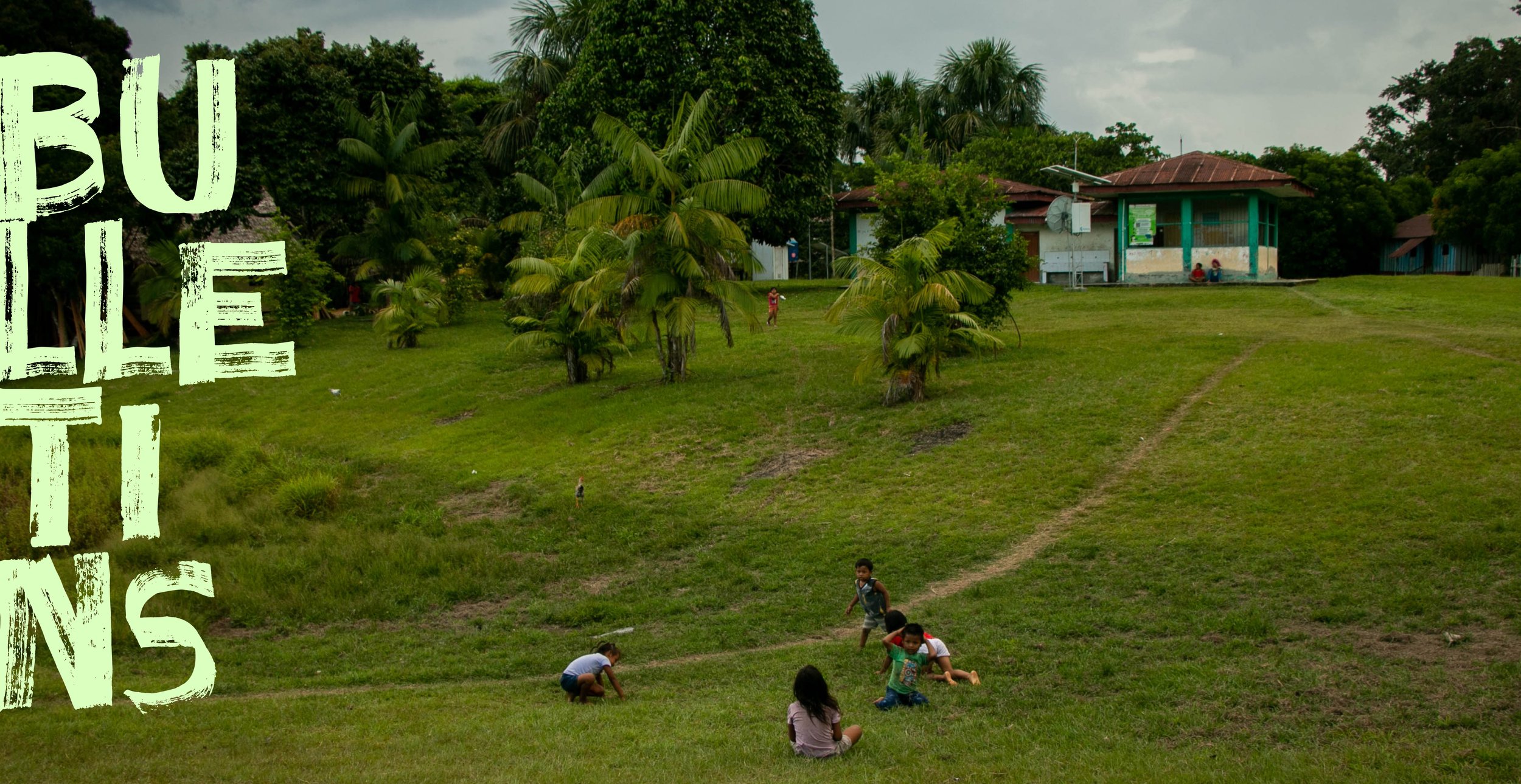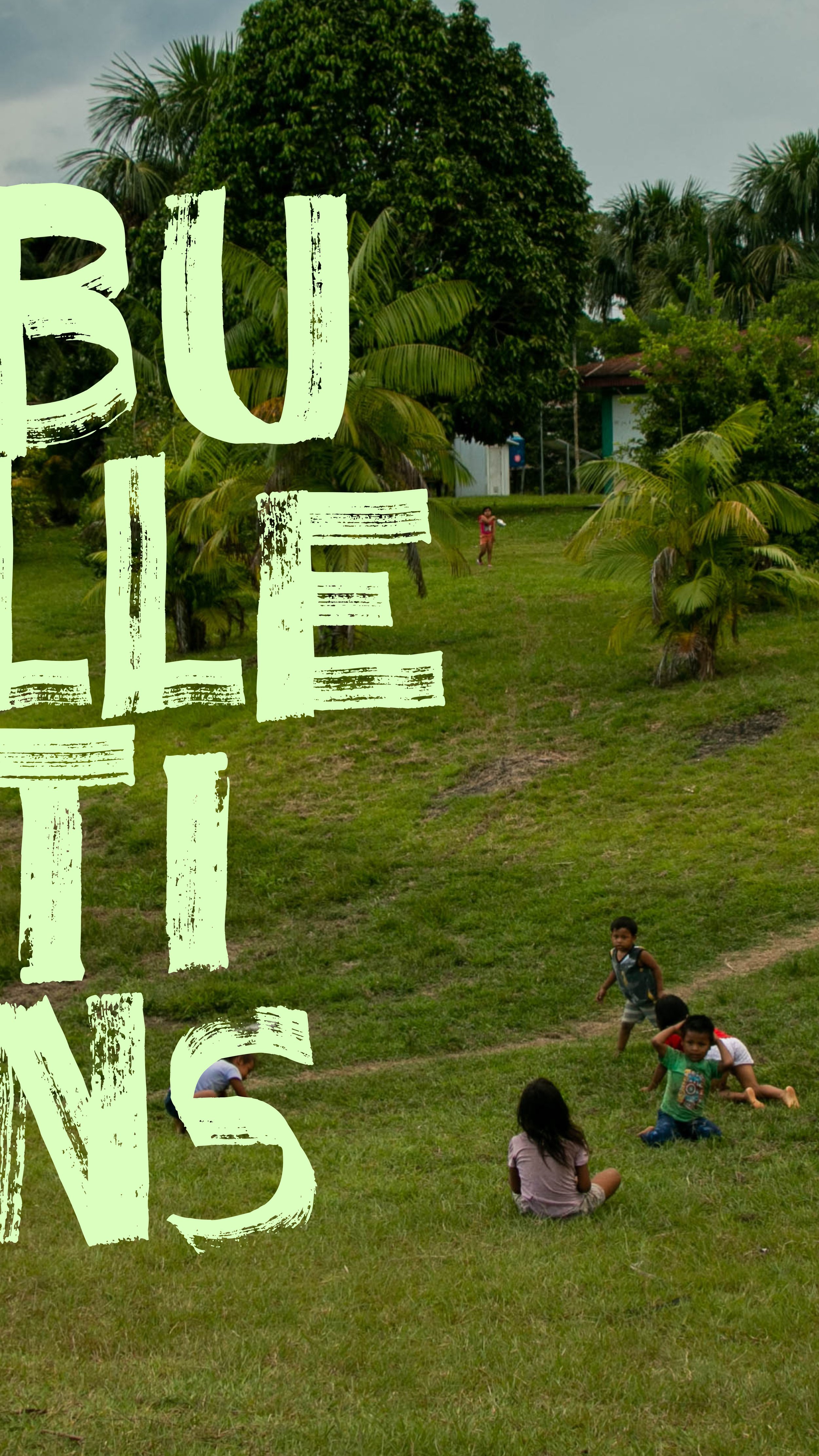

Latest updates on projects, achievements, and challenges in the Amazon.
June 14th, 2024
Indigenous leaders from Loreto express their concerns about the construction of roads that endanger their territories and the Amazon.
A commission of Indigenous leaders from the Bora, Maijuna, and Murui peoples of Loreto are participating in the "National Meeting of Andean, Amazonian, Afro-Peruvian Peoples, and Youth Toward COP 30 - Hatun Tupanakuy Facing Climate Change" in the city of Cusco, representing the "Consultative Council of the Putumayo Napo, Bajo Amazonas Great Landscape," on June 14 and 15.
During the first panel on Friday, June 14, on the rights of Andean, Amazonian, and Afro-Peruvian peoples: Situation of environmental defenders and illegal economies, Indigenous leaders from Loreto expressed their concerns regarding the construction of the Bellavista-Mazan-Salvador-El Estrecho highway project, which puts their way of life, territories, and the fight against climate change at risk.
The leader of the Maijuna people and also president of the Maijuna Kichwa Regional Conservation Area, Edber Tang Ríos, shared his vision and the importance of the territory for the Amazonian peoples and requested information from the State regarding this highway project, which would affect the communities of his people and other peoples in Loreto, as well as to create spaces for dialogue that respect their collective rights.
Also participating in the panel were Julio Cusurichi, representing AIDESEP (Madre de Dios); Rosa Coclhado, cultural manager of the Zaña Afro-Peruvian Museum (Lambayeque); Vidal Merma, Macro-South Coordinator of the National Platform of People Affected by Heavy Metals, Metalloids, and Other Chemical Substances (Cusco); and Anthony Oscategui, Secretary General of the National Platform of People Affected by Metals, Metalloids, and Other Chemical and Toxic Substances (Pasco).
This meeting, organized and chaired by Congresswoman Ruth Luque, president of the Commission on Andean, Amazonian, and Afro-Peruvian Peoples, Environment, and Ecology of the Congress of the Republic and the Regional Government of Cusco, with the support of civil society organizations, seeks to reflect on the challenges of the climate agenda and how it primarily affects women, youth, indigenous peoples, and communities, proposing joint solutions.




